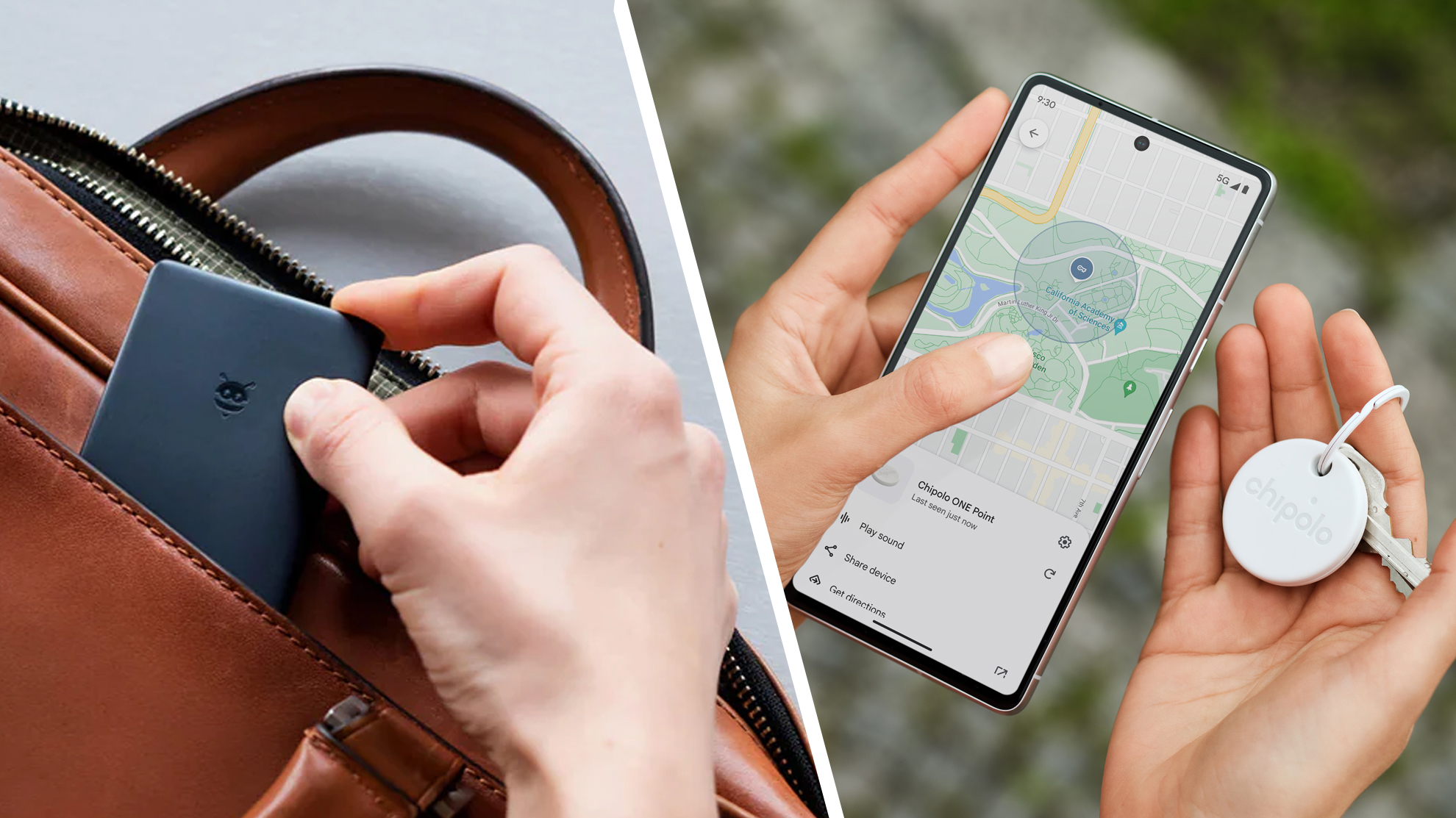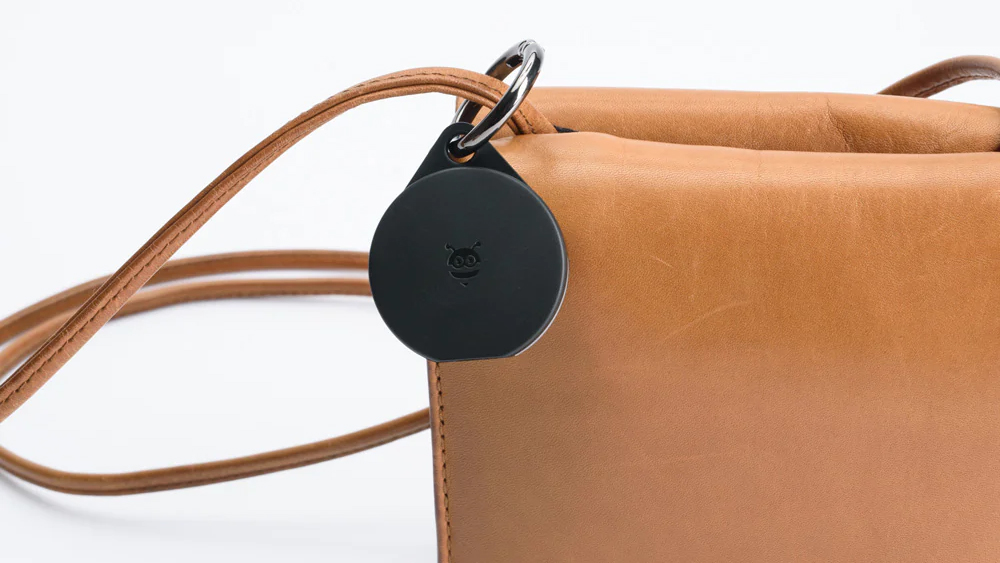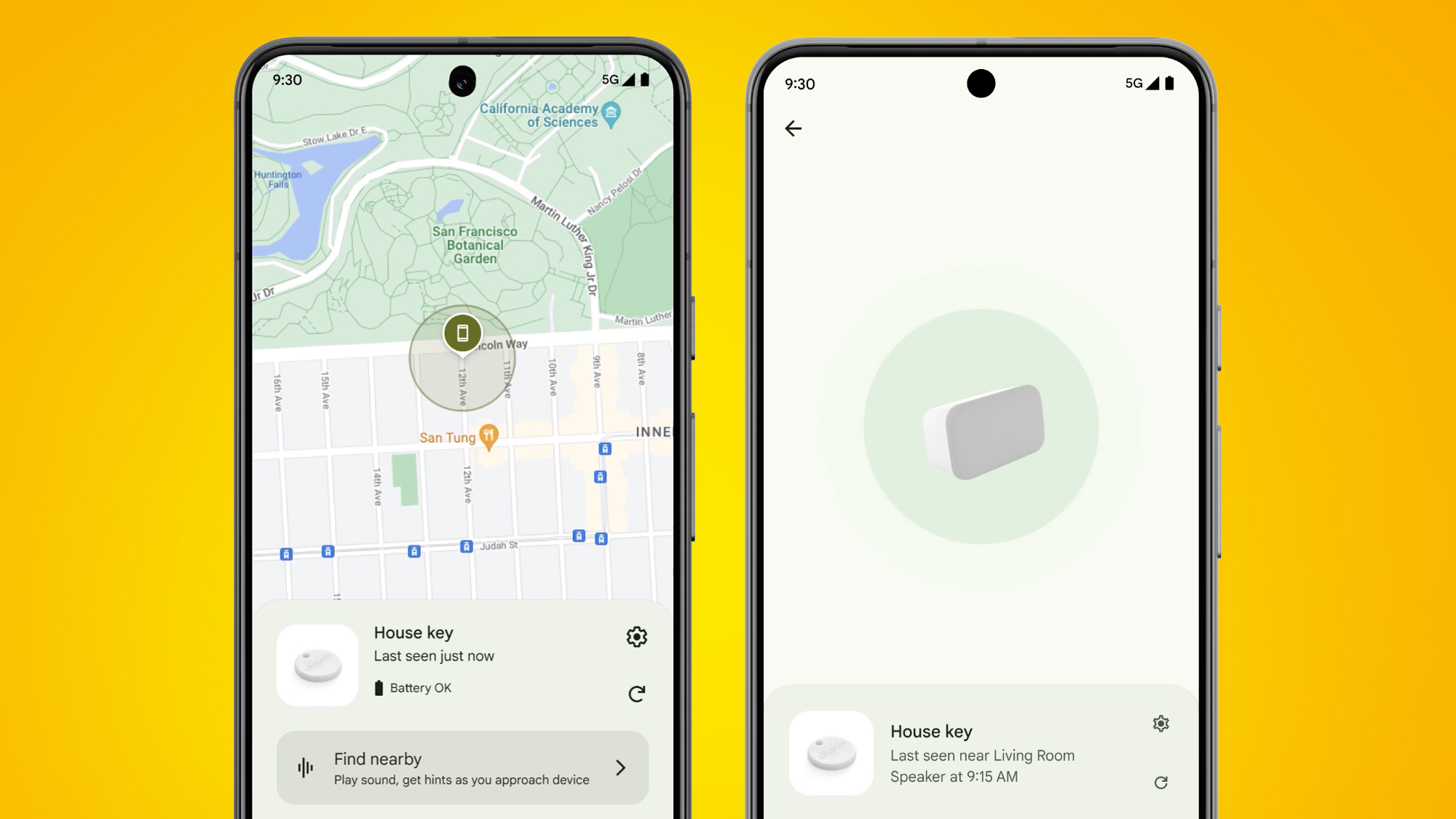Android phones finally get their first AirTag-style trackers – here's how they work
Chipolo and Pebblebee are first out of the gate

- The first trackers for Google's new Find My Device network have launched
- Chipolo and Pebblebee's Bluetooth trackers help you find lost valuables
- They work with Android's Find My Device app and can emit loud sounds
Google's rebooted Find My Device network has finally landed after a year-long wait – and now the service's first AirTag-style trackers have arrived to help you track down lost valuables with your Android phone.
The big benefit of Chipolo and Pebblebee's new trackers – which come in tag and card form – is that you can attach them to valuables that have no Bluetooth connectivity and track them in various ways using Google's new Find My Device app.
This new network anonymously uses Bluetooth proximity data from millions of Android devices worldwide (starting in the US and Canada), which means you can find your item's precise location on a map using Google's Find My Device app. If it's lost somewhere nearby, you'll also be able to tap 'play sounds' in the app to trigger a sound or get it to emit an LED light flash.
Chipolo has launched the One Point tracker ($28 / £30 / AU$49) for keys and its flatter Card Point tracker ($35 / £35 / AU$49). Both use Fast Pair to quickly connect to your Android phone and have an IPX5 rating to make them splashproof against rain and drizzle. Chipolo says these will start shipping on May 27, though the first batch has now sold out and the second batch won't ship until June 10.
Similarly, Pebblebee has Clip and Card trackers that support the new Android Find My Device network. The Clip ($30 / £25 / AU$47) for keeping track of your keys and Card ($30 / £25 / AU$47) for wallets are available to pre-order now.

But Pebblebee is also offering a tiny tracker called the Tag ($35 / £29 / AU$55) that weighs only 6.5g and promises up to eight months of battery life from its rechargeable battery. This is where Pebblebee's trackers differ from their Chipolo rivals, which instead offer a replaceable battery that promises to last up to a year.
These won't be the only devices (outside Android phones) that you'll be able to track using the new Find My Device network. The Eufy Smart Track Link and Smart tag Card are also coming soon for Android, while the Sony WH-1000XM5, JBL Tour Pro 2, and JBL Tour One M2 headphones will also soon get support in software updates. Google has also said that its Pixel Buds Pro will be added to the network soon, too.
Get daily insight, inspiration and deals in your inbox
Sign up for breaking news, reviews, opinion, top tech deals, and more.
If you're worried about privacy, the Find My Device network (and these new trackers) also supports unwanted tracking alerts on both Android and iOS devices, which should (in theory) curb some of the previous issues we've seen with AirTag stalking.
What about Tile trackers?

Tile was one of the pioneers of smartphone-based trackers and an early rival for Apple's AirTags and Samsung's Galaxy SmartTags, but it seemingly won't be making any for Google's new Find My Device network – for now, at least.
Despite being on Google's list of brands that would make trackers for the network when it was originally announced in 2023, Tile has told Android Authority that its focus currently lies elsewhere, notably with Life360 (which acquired it in 2021). Life360 bills itself as a "family locator app", which means it's broader than Google's device-finding network.
Rather than making trackers for Google's Find My Device, Tile said that its "focus lies in delivering our vision of a cross-platform solution that enables location-based finding of people, pets, and things".
Still, as Chipolo and Pebblebee have shown, Android fans won't be short of tracker options as the Find My Device network rolls out worldwide – and lots more are likely to follow in the coming months.
You might also like

Mark is TechRadar's Senior news editor. Having worked in tech journalism for a ludicrous 17 years, Mark is now attempting to break the world record for the number of camera bags hoarded by one person. He was previously Cameras Editor at both TechRadar and Trusted Reviews, Acting editor on Stuff.tv, as well as Features editor and Reviews editor on Stuff magazine. As a freelancer, he's contributed to titles including The Sunday Times, FourFourTwo and Arena. And in a former life, he also won The Daily Telegraph's Young Sportswriter of the Year. But that was before he discovered the strange joys of getting up at 4am for a photo shoot in London's Square Mile.